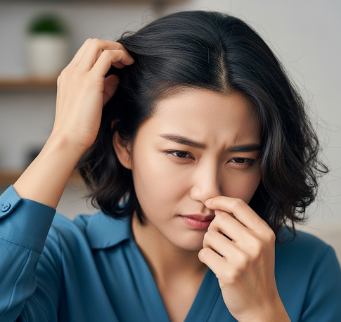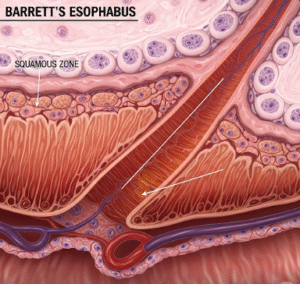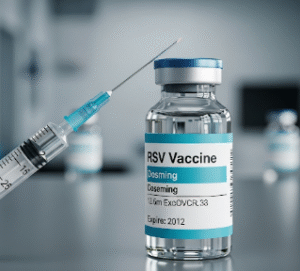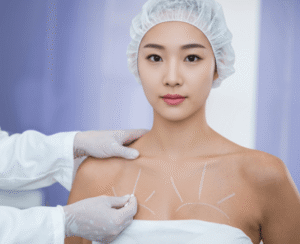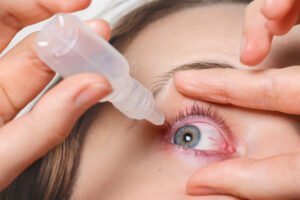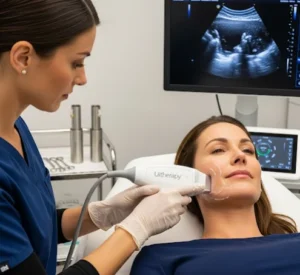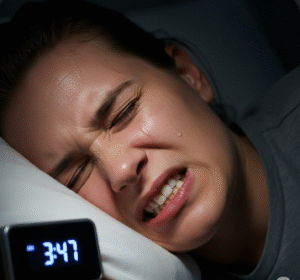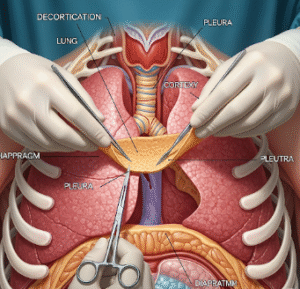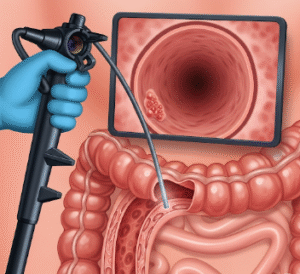➤ Overview
A smelly scalp is a common condition caused by the accumulation of sweat, oil, dead skin cells, bacteria, or fungi on the scalp. It can produce an unpleasant odor, sometimes accompanied by itching, flaking, or irritation.
In South Korea, dermatologists and trichologists (hair specialists) frequently evaluate smelly scalp conditions. Proper diagnosis and treatment are essential to eliminate odor, address underlying scalp disorders, and maintain healthy hair and skin. Korean clinics offer advanced treatments, including medicated shampoos, topical therapies, and lifestyle guidance to manage the problem effectively.
➤ Key Facts
→ Smelly scalp is often associated with seborrheic dermatitis, fungal infections, or poor hygiene.
→ Overproduction of sebum (oil) can feed bacteria and fungi, worsening odor.
→ Stress, hormonal changes, and diet may influence scalp odor.
→ In Korea, treatments combine medical, cosmetic, and lifestyle approaches.
→ Persistent odor may indicate underlying infections or scalp disorders.
→ Early intervention prevents hair loss, irritation, and secondary infections.
→ Proper hair care and hygiene are crucial for long-term scalp health.
➤ What is a Smelly Scalp?
A smelly scalp occurs when microbial activity or scalp dysfunction produces a noticeable odor.
→ Bacterial overgrowth – Common bacteria on the scalp break down sebum, releasing odor.
→ Fungal infections – Malassezia yeast or other fungi can produce smell and flaking.
→ Seborrheic dermatitis – Inflammatory skin condition leading to greasy scales and odor.
→ Accumulated sweat or dirt – Poor hygiene may intensify microbial growth.
Korean dermatologists focus on diagnosing the exact cause to provide targeted treatment, combining medicated products, lifestyle adjustments, and procedural care if needed.
➤ What Symptoms are Related to a Smelly Scalp?
Smelly scalp often occurs alongside other noticeable symptoms:
→ Foul or musty odor from the scalp.
→ Itching or irritation, sometimes severe.
→ Flaking or dandruff, white or yellowish scales.
→ Redness or inflammation of the scalp.
→ Oily or greasy hair contributing to microbial growth.
→ Hair thinning or shedding in chronic cases.
→ Pain or tenderness if infection is present.
→ Scalp sensitivity when using certain hair products.
➤ What Causes / Possible Causes?
Several factors can lead to a smelly scalp:
→ Seborrheic dermatitis – Common inflammatory condition causing greasy flakes and odor.
→ Fungal infections – Malassezia or ringworm can produce smell and irritation.
→ Bacterial overgrowth – Breaks down oils on the scalp, releasing odor.
→ Poor hygiene – Infrequent washing allows sweat and debris to accumulate.
→ Excessive sweating – Creates a moist environment for bacteria and fungi.
→ Stress or hormonal changes – May increase oil production and microbial activity.
→ Use of hair products – Some shampoos, oils, or styling products may exacerbate odor.
→ Underlying medical conditions – Diabetes, immunodeficiency, or scalp eczema.
➤ When Should I See My Doctor?
Medical consultation is recommended if a smelly scalp is persistent, severe, or accompanied by other concerning symptoms:
→ Strong, persistent odor that does not improve with regular washing.
→ Itching, redness, or inflammation that worsens over time.
→ Hair loss or thinning associated with scalp odor.
→ Painful bumps, pustules, or sores on the scalp.
→ Signs of fungal infection, such as ring-shaped patches or spreading rash.
→ Flare-ups despite using over-the-counter shampoos or treatments.
→ Suspected systemic disease contributing to scalp issues.
➤ Care and Treatment
Treatment depends on the underlying cause, severity, and scalp condition:
→ Medicated shampoos – Containing ketoconazole, zinc pyrithione, selenium sulfide, or salicylic acid.
→ Topical antifungal or antibacterial treatments – For infections causing odor.
→ Regular washing and proper hygiene – Adjusting frequency based on scalp type.
→ Avoiding harsh hair products – Using gentle, pH-balanced shampoos.
→ Stress management and lifestyle adjustments – Reducing triggers for oil overproduction.
→ Moisturizers or scalp conditioners – To maintain scalp barrier and prevent irritation.
→ Dietary considerations – Limiting excessive sugar, dairy, or processed foods that may influence oil production.
→ Procedural treatments – Laser therapy or medicated scalp treatments in persistent cases.
➤ Treatment Options in Korea
South Korea provides comprehensive care for smelly scalp, combining diagnostics, medical treatment, and cosmetic interventions:
Diagnosis in Korea
→ Detailed scalp examination by dermatologists or trichologists.
→ Microscopic or culture tests to identify bacterial or fungal infections.
→ Assessment of sebaceous gland activity, hair density, and scalp condition.
Medical Treatments in Korea
→ Prescription shampoos and topical medications targeting fungi, bacteria, or inflammation.
→ Treatment for associated conditions, such as seborrheic dermatitis or eczema.
→ Nutritional and lifestyle counseling to support healthy scalp function.
Advanced Therapies in Korea
→ Laser therapy or light-based scalp treatments to reduce microbial overgrowth and inflammation.
→ Professional scalp cleansing and medicated treatment sessions.
→ Combination therapies integrating cosmetic and medical approaches for optimal scalp health.
Rehabilitation & Support in Korea
→ Guidance on scalp hygiene, hair care routines, and trigger management.
→ Follow-up care to monitor progress and prevent recurrence.
→ Integrative approaches combining Western dermatology with Korean wellness practices for long-term results.

